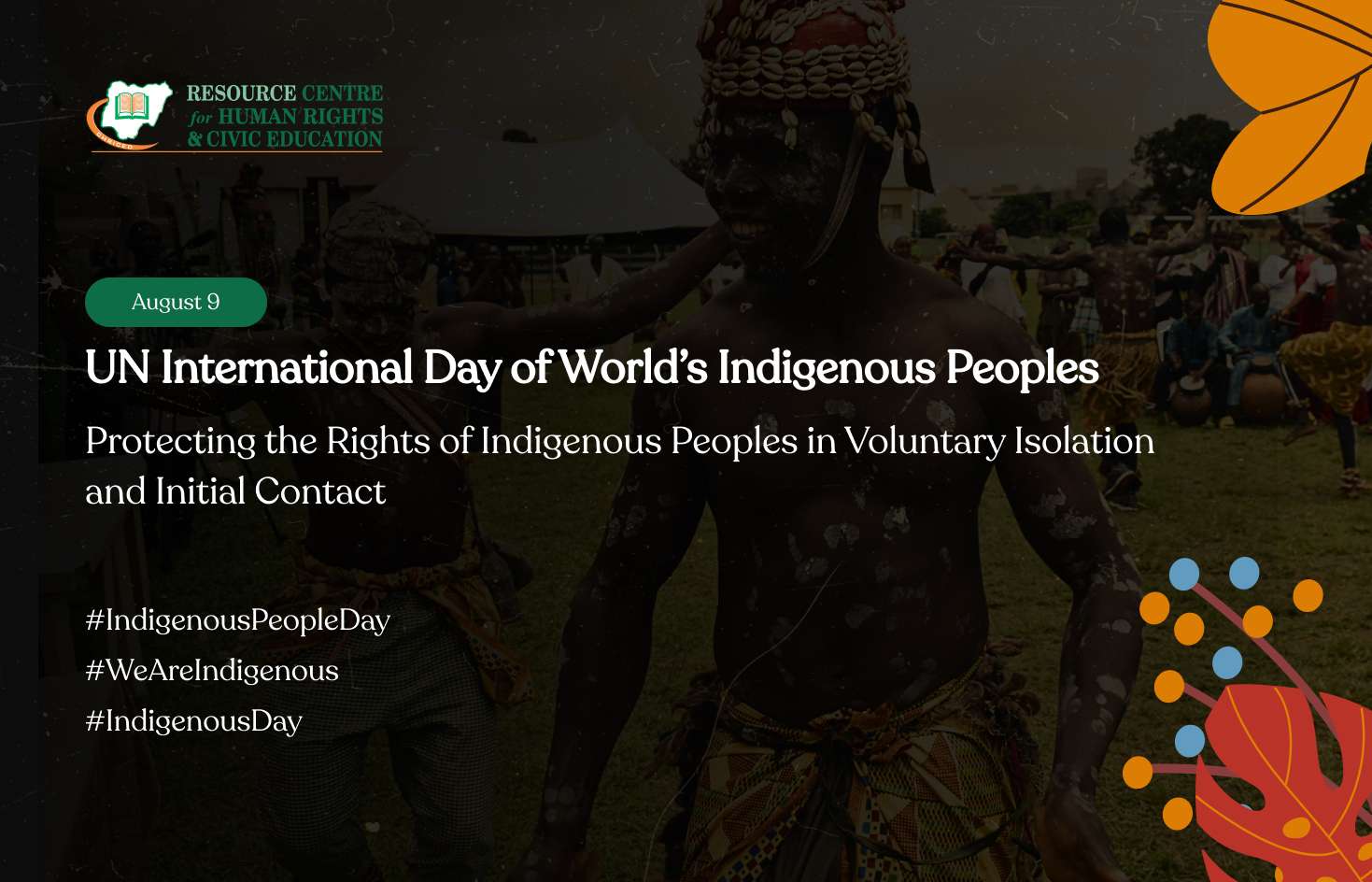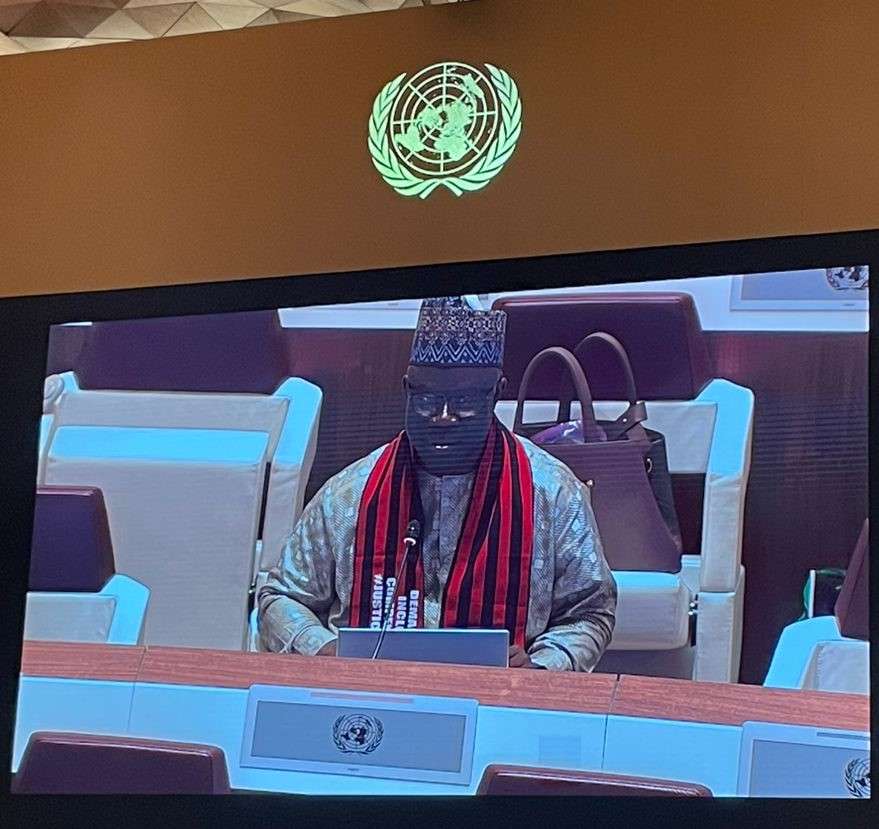
CHRICED Monitors the Disbursement of $322.5m Recovered Abacha Loot
In continuation of Monitoring of Recovered Assets in Nigeria through Transparency and Accountability (MANTRA) project meant to strengthen the capacity of Civil Society Originations (CSOs) to monitor the use of repatriated loots and advocate for the improvement of policy and legislative framework for asset recovery in Nigeria, The Resource Centre for Human Rights & Civic Education (CHRICED) in partnership with Africa Network for Environment and Economic Justice (ANEEJ) supported by the United Kingdom Department for International Development (UKaid), was in the field to monitor the May/June 2020 disbursement of the Recovered Abacha Loot at Kiru and Gwarzo Local Government Areas, Kano state.
In 2017, the Swiss Government repatriated $322.5m to Nigerian Government, and it was channeled to the Cash Transfer Program established in 2016 to support the poorest of the poor citizens of Nigeria by paying each beneficiary of the program N5,000 monthly. Payment from this recovered loot started in August/September 2018, and ever since, CHRICED has been monitoring the process.
This year, 84,147 beneficiaries were enrolled in Kano state. CHRICED monitoring team was at Kiru and Gwarzo LGAs with 4908 and 6878 enrolled beneficiaries, respectively. As at the time of filing this report, all beneficiaries of the two LGAs monitored had received May/June 2020 payment while in the entire state, only 42 out of the total number of enrolled beneficiaries were yet to receive payment.
The beneficiaries of both LGAs arrived the payment Centres in time. They waited for the payment agents to arrive. Every single beneficiary had a face mask, but there was no strict enforcement to use it. At the point of payment, a good level of social distancing was observed, but before and after receiving payment, beneficiaries come together in groups to chat. Unlike Gwarzo payment Centres that the team visited, there was temperature check and hand washing at Kiru payment Centres. The number of security personnel on the ground was almost insignificant compared to the population of beneficiaries and the work the personnel had to do as they kept moving from one payment point to another to ensure proper coordination of the process in all the payment Centres monitored. There is a need to deploy more of them in subsequent payment rounds.
In respect to the payment process, its challenges and other grievances, the Desk Officers of Kiru and Gwarzo LGAs, Mallam Abdullahi Aminu Kiru and Mallam Musa Lawan Nana made it clear that it is usually not easy. Beneficiaries are accompanied by family members to the payment centres making the payment leading to congestion. There are instances where family members argue on how the money will be shared, and the Community leader is saddled with the responsibility of handling such. Also, some beneficiaries do complain that their information has been swapped with that of a different beneficiary leading to a denial of payment in some instances. This can be mix in the name or photograph of beneficiaries. This was attested by the Grievance Redress Officers of both LGAs, and they said they usually write to the state office and follow up to see that issues like that are resolved before next payment rounds. In Gwarzo LGA, a beneficiary who pleaded that her identity is concealed complained bitterly that their community leader collects ₦1000 from every beneficiary in each payment round. He has a representative at the point of payment which ensures that every beneficiary from that community gives out that amount after receiving payment. She said they have complained to their husbands and the officials of the program, but nothing has been done about it.
One severe challenge noticed by the monitors is that beneficiaries fail to count the money they receive at the point of payment and they complain of being shortchanged of ₦500, ₦1,000 after leaving the payment points. In situations like this, it will be challenging to know where the problem is coming from. Beneficiaries have been advised to always count their money before leaving the point of payment. Still, after discussing with some of them that complained, it seems like they feel that they have no right to complain if the money is not complete since they are fortunate to benefit from the program. Some that are very upset about it said they are scared of complaining so that they will not be harassed by the payment agents or the security personnel present. They also said they do not want their names to be dropped from the list of beneficiaries.
On a general note, the beneficiaries were all happy and continued to pray that the source from which the money comes remain blessed because the money has helped them in their businesses, feeding, clothing, hospital bills, school fees, etc
Furera Isiaka and Abubakar Jaafar
Resource Centre for Human Rights & Civic Education (CHRICED)








